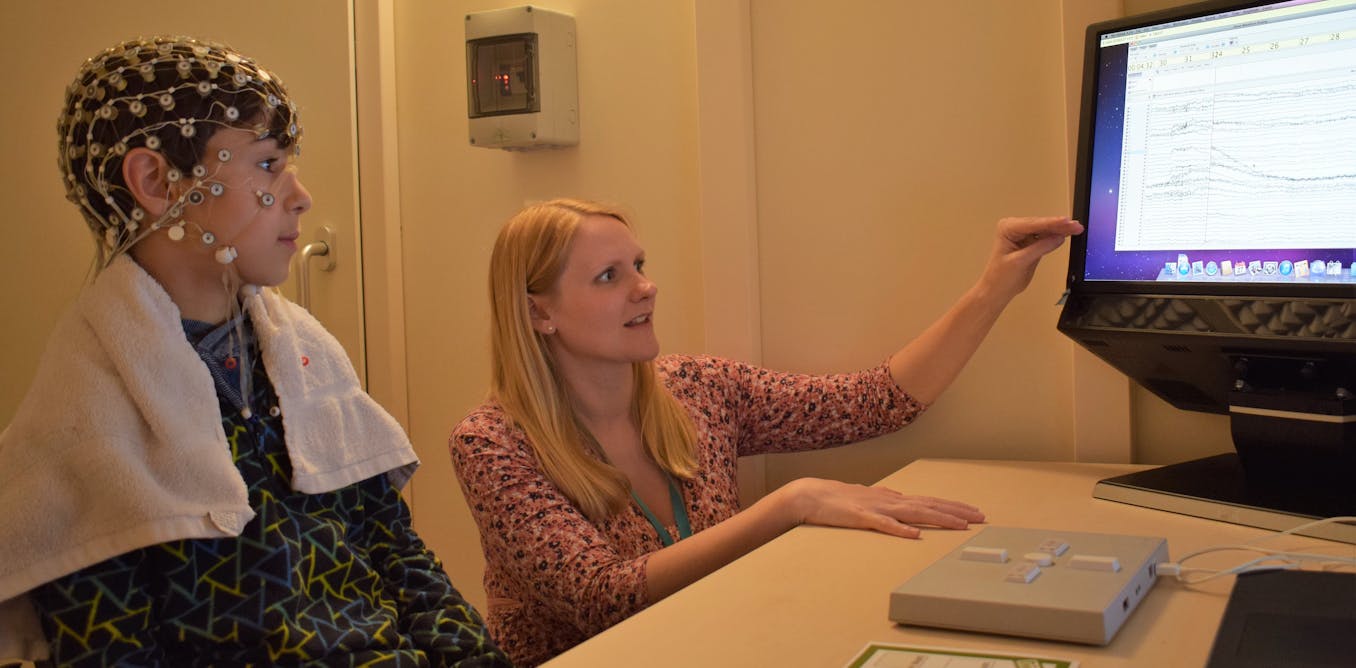Predictable and consistent parental behavior is key for optimal child brain development
Parents are often the primary source of information that children receive from their environment. How consistent parents’ interactions with their children are matters.
June 22, 2022 • ~5 min
Kids' neighborhoods can affect their developing brains, a new study finds
The latest findings add to the understanding of how social disadvantage such as poverty and low-quality, unsafe housing can affect early child development.
June 21, 2022 • ~6 min
At last, COVID-19 shots for little kids – 5 essential reads
The FDA’s authorization of COVID-19 shots for children ages 6 months to 4 years will bring relief for millions of parents. Pending CDC endorsement, shots for this group will be available within days.
June 17, 2022 • ~9 min
Why can't you remember being born, learning to walk or saying your first words? What scientists know about 'infantile amnesia'
Psychologists know babies can form memories soon after birth. So why can’t people remember anything that happened to them before around age 2? A child development expert describes possible reasons.
June 8, 2022 • ~7 min
Video games: our study suggests they boost intelligence in children
A big study accounting for genes and socioeconomic background suggests that video games actually cause children’s intelligence to grow.
May 12, 2022 • ~7 min
Trust comes when you admit what you don’t know – lessons from child development research
People often try to seem confident and certain in their message so it will be trusted and acted upon. But when information is in flux, research suggests. you should be open about what you don’t know.
Feb. 15, 2022 • ~10 min
How moving dots are helping us learn more about dyslexia in children: new research
Children with dyslexia seem to find it more difficult to judge the direction of moving dots - this could explain why reading is also more challenging.
Nov. 24, 2021 • ~6 min
/
5










